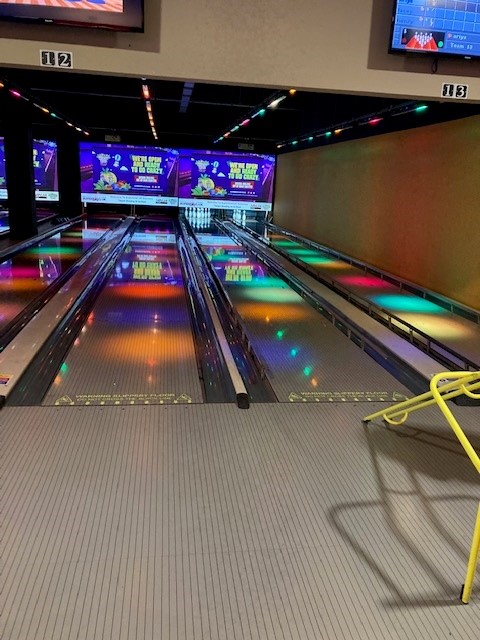Recently we met with young people who attend 4C’s groups in Wrexham and Swansea. These sessions were designed to help us understand what young people think that carers need to know in order to be carers.
Young people worked together in small groups to come up with examples of what attributes make a great carer. They illustrated an outline of a person what these attributes were; on the head they wrote about what knowledge a carer needs, on the heart they wrote about the personality a carer should have, and on the hands about what a good carer should do.




Young people felt that carers should know what a young person has been dealing with along with their likes and dislikes and how to care and communicate with young people. They felt that carers should be kind, happy and motivational. When it came to what carers should do, there were a wide range of thoughts including being able to drive them places, cook healthy meals and put the young person at the top of their priority list. This was especially poignant when a young person said that “The worst thing about being in care is being judged.”
For the second activity, we asked young people to imagine that they were going to interview someone who was interested in being a carer. We asked what someone should have in their application, what kind of training they might need to have and if a carer needed to be registered, what did they think that meant.
Participants wanted to make sure that anyone looking to be a carer would have the skills to look after them and be their priority in life. They also felt that they should have training in cooking, driving, first aid and be competent in helping with homework.
They felt that carers being registered would mean that it would keep young people safe, have the appropriate training to work with children and there would be a record about that individual to ensure they were who they said they were.
We understood that some of these concepts weren’t easy to talk about for the young people, especially the younger participants. After sharing their views they were able to have snacks and bowl, which they very much enjoyed.
Overall, working with the young people was a rewarding experience and it was lovely to see them working together on what makes a good carer. Their contribution has allowed us to reframe the questions in our interview guide so that we can ensure that their voices are heard. We hope to come back to these groups in a few months, so that we can share the findings of this first phase of the research project and acknowledge their contribution. We may also ask for their assistance when we move on to another portion of the project to once again ensure that the questions we ask always have a child centred focus.

